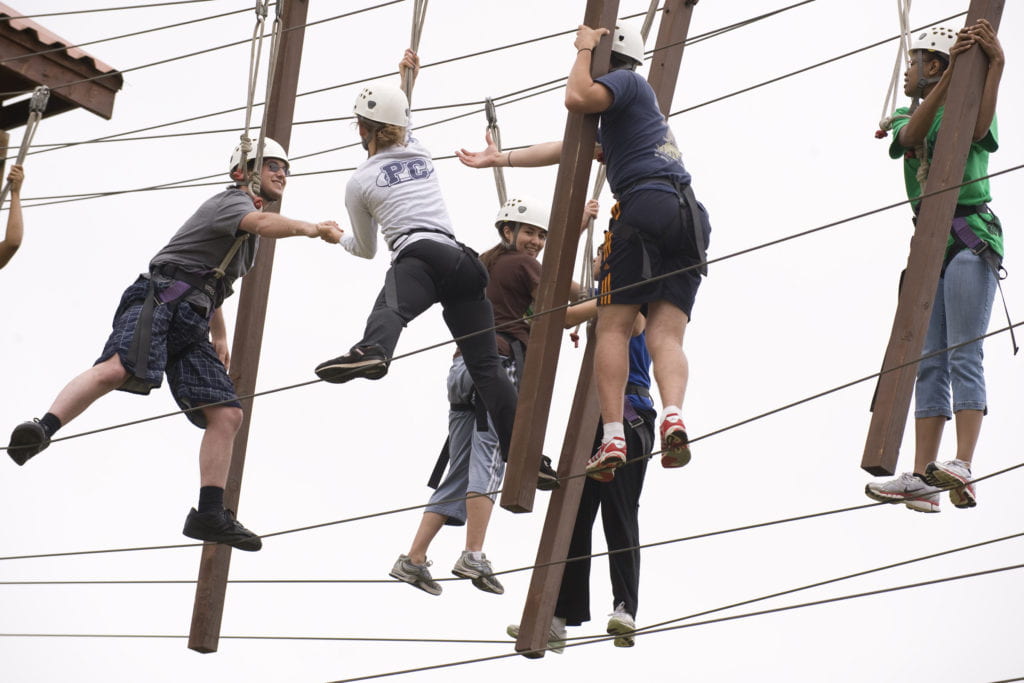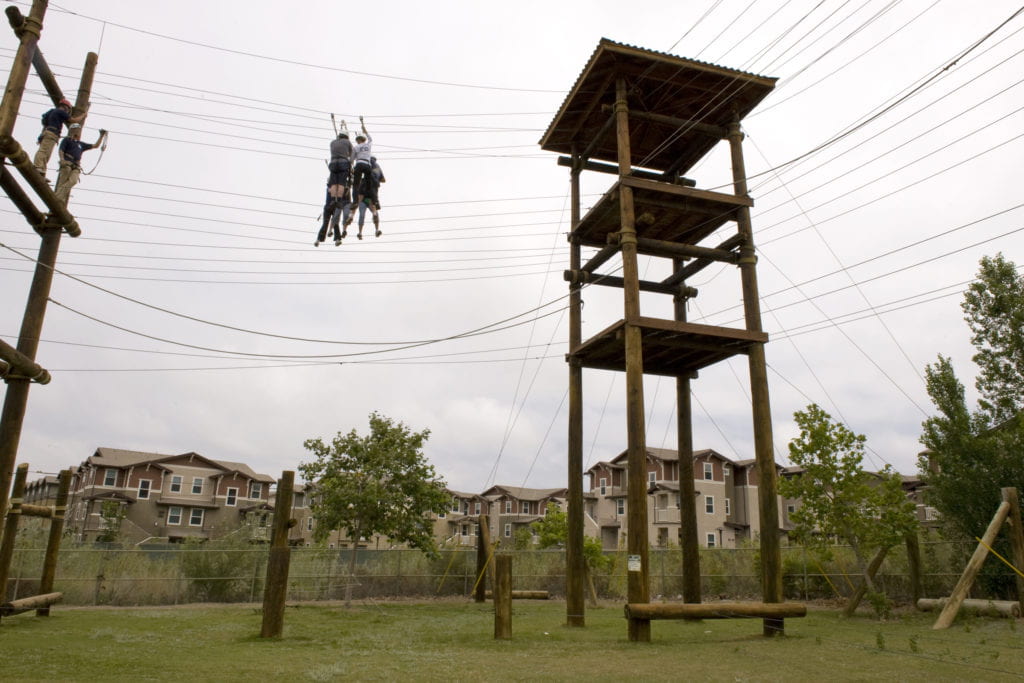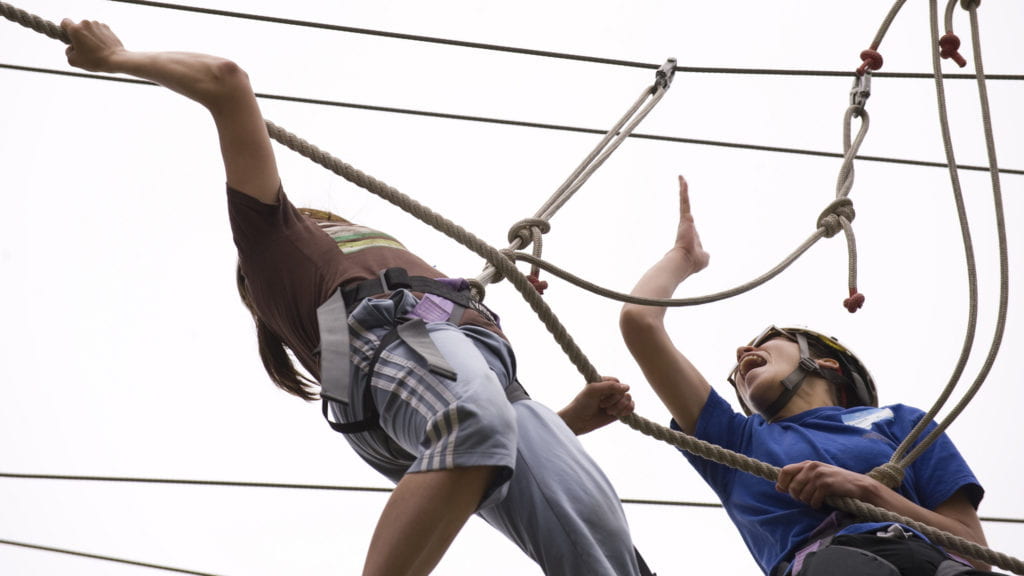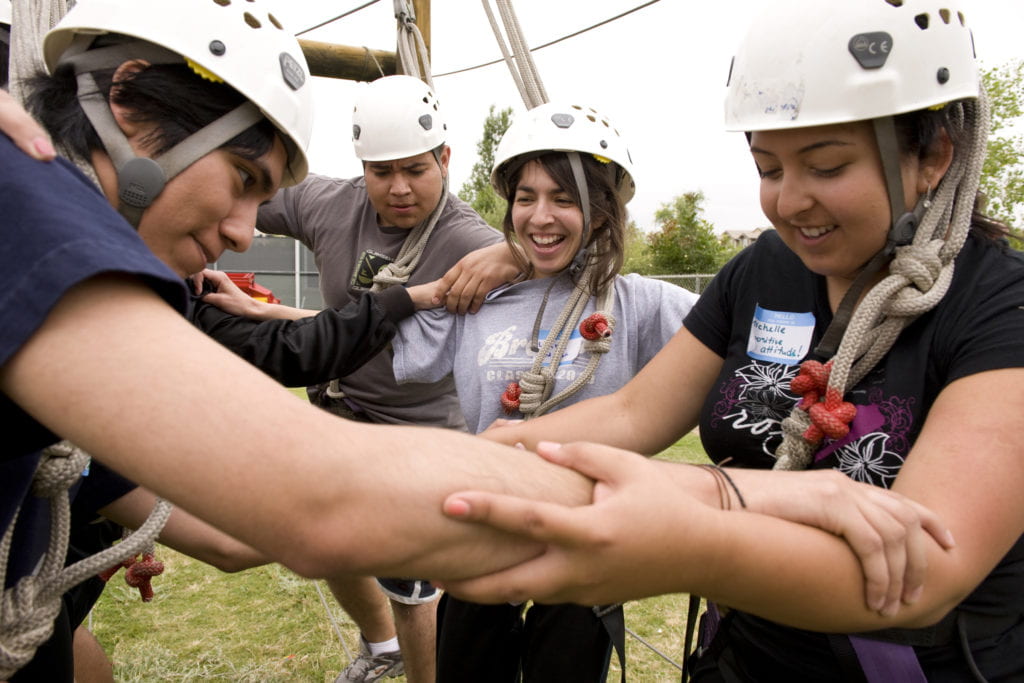Summer program gives grad students an edge
Underrepresented students get a head start on research projects and form bonds in UCI summer prep programs.
Phillise Todd came to UC Irvine this summer to study magneto reception in animals, specifically the biophysical mechanism by which birds are able to detect the Earth’s magnetic field for navigation.
She’s working in the laboratory of Thorsten Ritz, associate professor of physics & astronomy, prior to starting her doctoral program here in the fall.
“It’s helping me get up to speed on my group’s research topic, as there is a substantial learning curve,” Todd says. “It’ll enable me to become a more productive group member and have more time to make meaningful contributions during my career here at UCI.”
She is one of 37 students from across the U.S. spending eight weeks at UCI immersed in research projects, skills seminars and community-building activities as part of the Graduate Division’s Summer Research Program for undergraduate and master’s students and Competitive Edge Summer Program for doctoral students.
On a recent afternoon, Competitive Edge students braved the campus’s high-ropes obstacle course, designed to foster communication, teamwork and friendship. They climbed a giant cargo net to a tree house, then traversed 360 feet of rope pathways to reach the 50-foot-high end platform, from which each person zip-lined to the ground.
“When you go through an emotional experience with others, you feel a more natural sense of camaraderie,” Todd says, gazing upward at the obstacle course. “It’s something you can count on moving forward in other situations.”
Funded by the National Science Foundation, the Competitive Edge program allows incoming UCI doctoral students to start their research early and present it at a symposium. It draws students from populations traditionally underrepresented in science, technology, engineering and math.
This year’s cohort of 13 includes Todd and biomedical engineering student Jolie McLane, who chose UCI for its proximity to major biotech firms. A recent UC Merced graduate, McLane says she has benefited from the program’s workshops.
“We’ve learned how to do research in the UCI libraries, including how to order journals and articles and access databases,” she says. “I feel confident that I can write an abstract, give a poster presentation and handle lab equipment.”
The Summer Research Program this year has 24 undergraduate and master’s students – many the first in their families to attend college. They hail from more than a dozen states and such schools as the University of Pennsylvania and the University of Colorado at Boulder, plus several University of California and California State University campuses. Also targeted to underrepresented groups, the program aims to increase diversity among students who pursue advanced degrees leading to research or academic careers.
UCI provides research stipends to all students in the summer programs and on-campus housing for undergraduates. Participants work full time in designated labs for the entire eight weeks. Faculty make academic and research assignments, while program coordinators meet regularly with students to monitor their progress.
A slate of required workshops and seminars address such topics as time management and how to fund graduate education, and an evening GRE prep course is mandatory for undergrads. Students submit research outlines, abstracts and final papers and will present their work Aug. 17 at the UCI Summer Research Program Symposium at Calit2.
Raslyn Rendon, director of outreach, recruitment & retention for the Graduate Division, says the summer research programs are among many ways in which UCI helps develop future leaders in science, industry and academia.
“Students in science, technology, engineering and math discipline often work in labs and tend to isolate quickly,” Rendon says. “The summer research programs allow these students to get to know each other before the start of the school year and build a community.”





